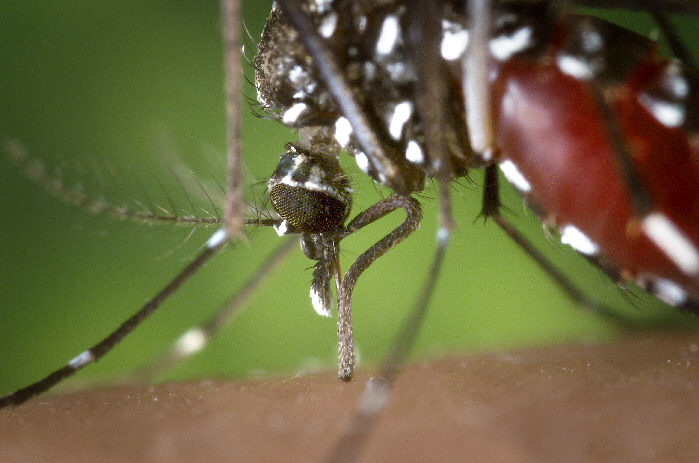
Peppermint oil to help irritable bowel syndrome. Chile pepper seed rub to ease aching joints. Lavender to aid sleep. Hibiscus-flower tea to lower blood pressure.
Once dismissed by medical experts as grandma’s superstition and folklore, herbal and natural cures such as these are getting a double dose of respect by mainstream physicians. Not only are they being recommended with increasing frequency, modern researchers are doing studies that find that many of these cures do in fact possess active biological agents that do just what Grandma told you they would.
One of the latest signs of how seriously such treatments are being taken is the new “Mayo Clinic Book of Home Remedies” (Time Inc. Home Entertainment, $25.95). It’s not the first book to deal with home remedies — syndicated columnists Joe and Teresa Graedon of the People’s Pharmacy have several, and an online search for home remedies gets millions of hits — but this carries the name of the prestigious Minnesota organization.
Grounded in medicine
The book’s focus on remedies that have been backed up by medical science helped win over Dr. Seema Modi, a geriatrician and family physician at Baylor Medical Center at Carrollton. Modi has many patients who have expressed interest in home remedies. because such treatments are not always grounded in research, she had reservations about the book when she first saw the title.
“I was expecting ‘try a bar of soap between the sheets for leg cramps’ — that’s what I think of when I hear home remedies,” she says. “but it’s not that. to me this is like a book of medical common sense I wish I could prescribe to all my patients.”
When the book does bring up suggestions such as cranberry pills or extract to cure bladder infections, an idea that some of Modi’s patients believe in more than she does, it is with the caveat that the authors have not found a rigorous study to support this course of action.
Plus, the book provides helpful information about the cranberry remedy — that it shouldn’t be used with the blood-thinning medication warfarin, because interactions between cranberry juice and warfarin, an anticoagulant prescribed to prevent blood clots, may cause bleeding.
Pharmacologist Joe Graedon has been an advocate of such treatments for more than three decades. His latest book, co-written with his wife, nutritionist Teresa Graedon, is “Recipes and Remedies from the People’s Pharmacy” (Graedon Enterprises, $14.95). it focuses on how to cook with foods that can be used medicinally: a beet juice smoothie to lower blood pressure, persimmon punch for heartburn and a power pudding of prune juice bran and applesauce for constipation. Their recipe for curcumin scramble praises curcumin’s anti-inflammatory properties. Their column runs Tuesdays in the Herald’s Health section.
Home-generated ideas
The Graedons also offer some information on remedies that have not been proven, such as Listerine for treating lice. “If it might help and it won’t hurt and it’s affordable, why not give it a try?” Joe Graedon says.